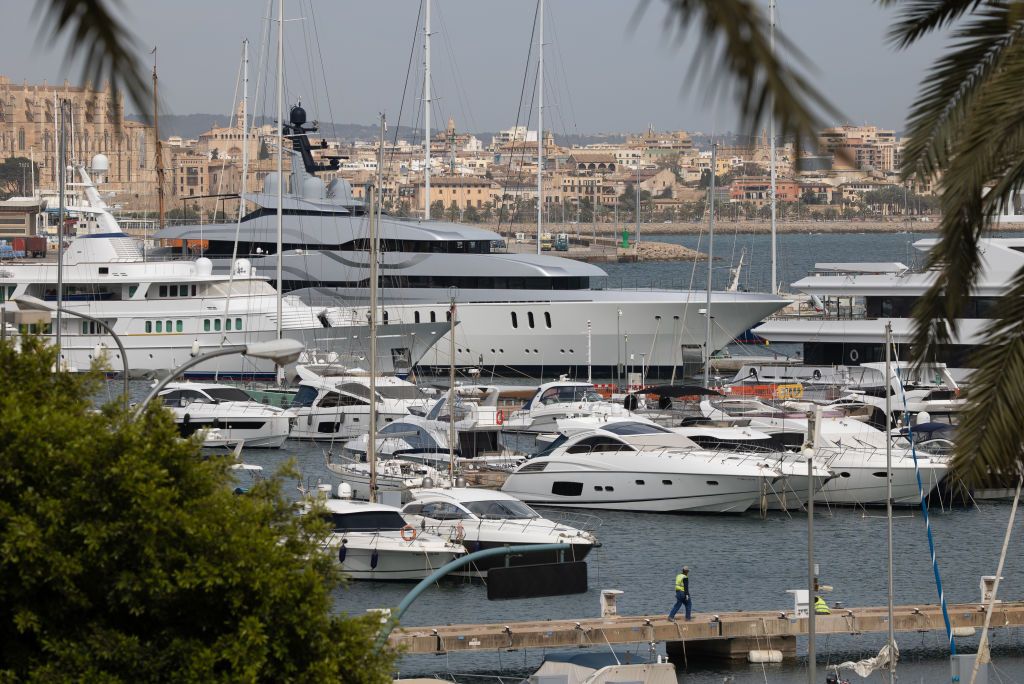Reuters: No risk of default for holders of Russian bonds in case of confiscation

Countries holding Russian sovereign bonds will not be at risk of default if the proposed plan to confiscate Russian assets comes to fruition, Reuters reported on Jan. 17, citing sources from the credit agencies Moody's and S&P Global.
Western countries have frozen over $300 billion in Russian central bank's sovereign assets since the start of the full-scale invasion of Ukraine. Bloomberg reported on Jan. 11 that the White House backs legislation that would allow the confiscation of Russia's funds.
Some Western countries, even those that support confiscating the assets, have expressed concerns over the wider implications of the seizure.
Russia was declared in default of its bond obligations in June 2022 after Western sanctions prevented the repayment of investors. Sources told Reuters that Russia's central bank believes a similar argument could employed against Western countries that hold Russian bonds if confiscation prevented their repayment.
Thorsten Nestmann, Senior Vice President at Moody's Investors Service, told Reuters that a repeat of the same scenario was not necessarily guaranteed.
A source from S&P also said that default was not likely because payments would continue to be made through an intermediary, which would then distribute the funds to whomever currently held the bonds.
Russian officials have made a variety of threats about potential response if the assets are confiscated, and there are fears that it could set off a tit-for-tat series of seizures.
Sources told Reuters that such public threats hide the fact that "deep down, everyone has already said goodbye to the reserves."
Russia will make the perfunctory fight but many officials acknowledge that the assets will confiscated eventually, even if the action is delayed by a lengthy court battle.
The World Bank assessed early in 2023 that the total cost of Ukraine's reconstruction would amount to $411 billion. Ukrainian Foreign Minister Dmytro Kuleba commented on Jan. 8 that the full amount of Russian assets could cover over 80% of recovery costs.













